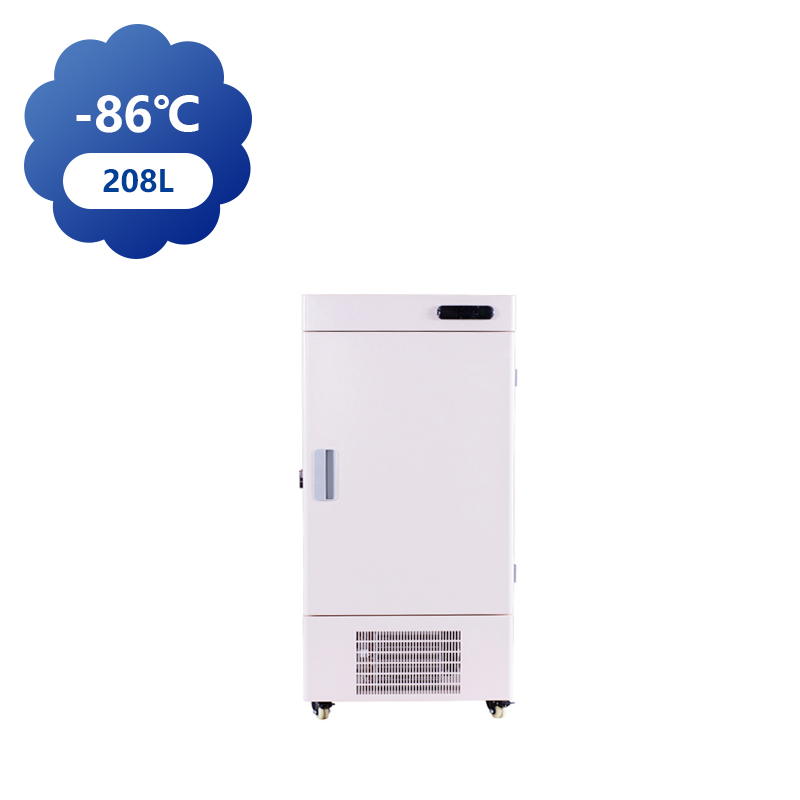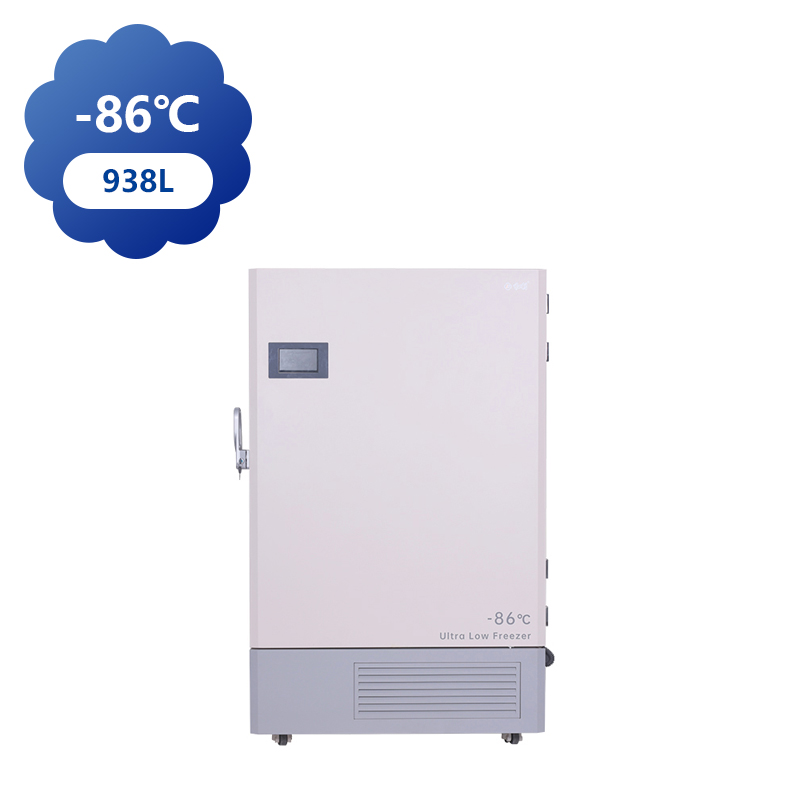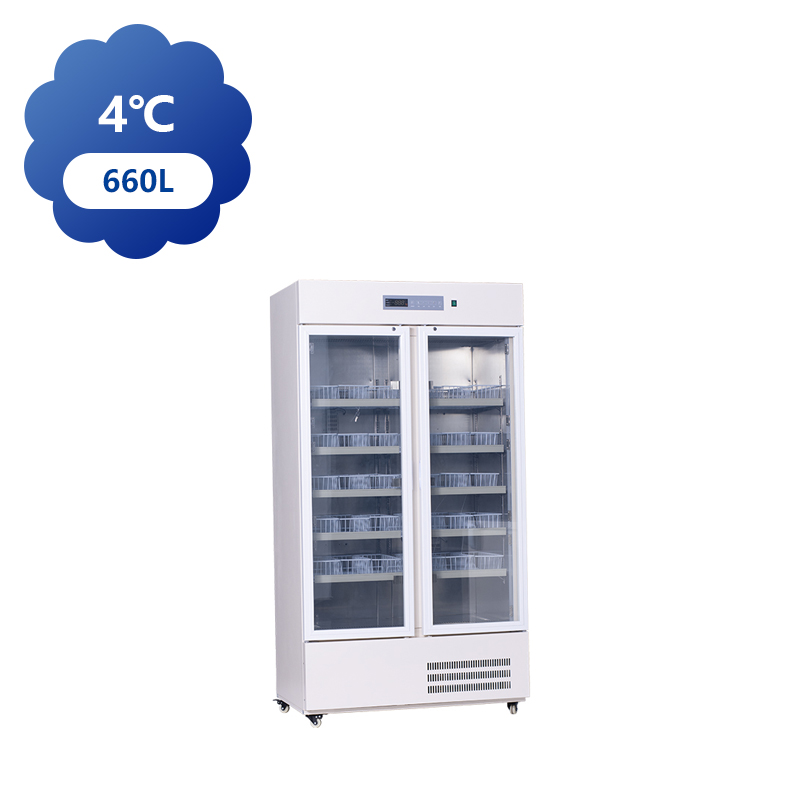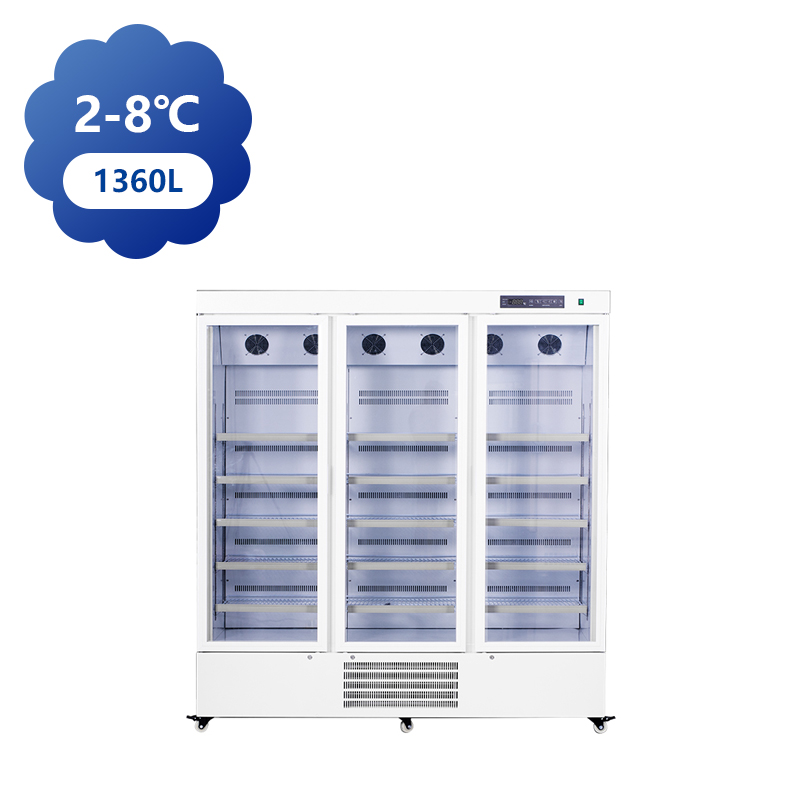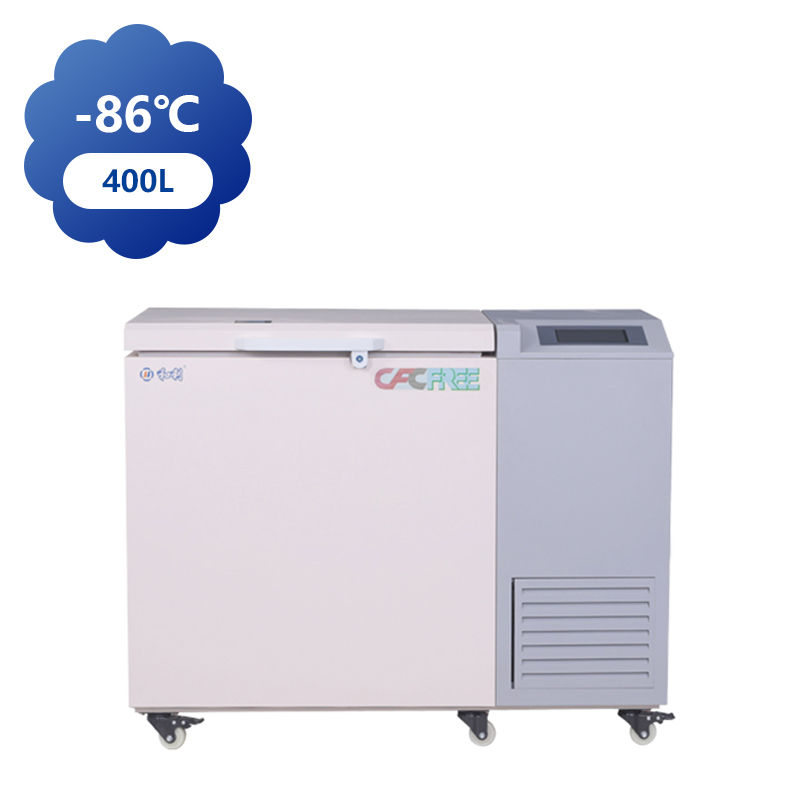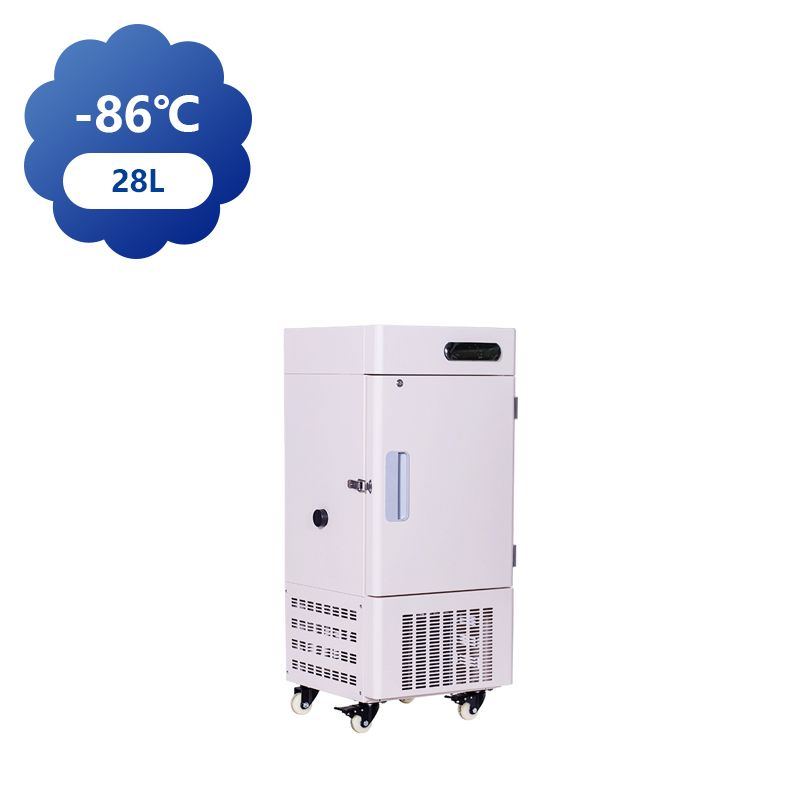You can contact to me using this form.
In today’s healthcare and laboratory environments, both the medical refrigerator and the blood bank refrigerator play an essential role in ensuring the safe storage of vaccines, blood products, and other sensitive materials. While reliability and precision are always priorities, there is also growing awareness about the environmental impact of refrigeration equipment.
Heli, as a manufacturer with years of experience in refrigeration solutions, has recognized this shift. By investing in eco-friendly design and innovation, Heli’s refrigerators not only protect valuable biomedical resources but also contribute to more sustainable healthcare operations.
Why Sustainability Matters in Medical Refrigeration
Unlike common household appliances, medical and blood bank refrigeration systems often operate 24/7. That constant energy demand has a direct effect on operating costs and the environment. At the same time, traditional refrigerants have historically had high global warming potential (GWP), creating further environmental concerns.
Here we are going to examine how eco-friendly practices make a difference:
Lowering electricity consumption to reduce carbon footprints.
Switching to refrigerants that are safer for the environment.
Designing units that last longer, reducing waste from early replacements.
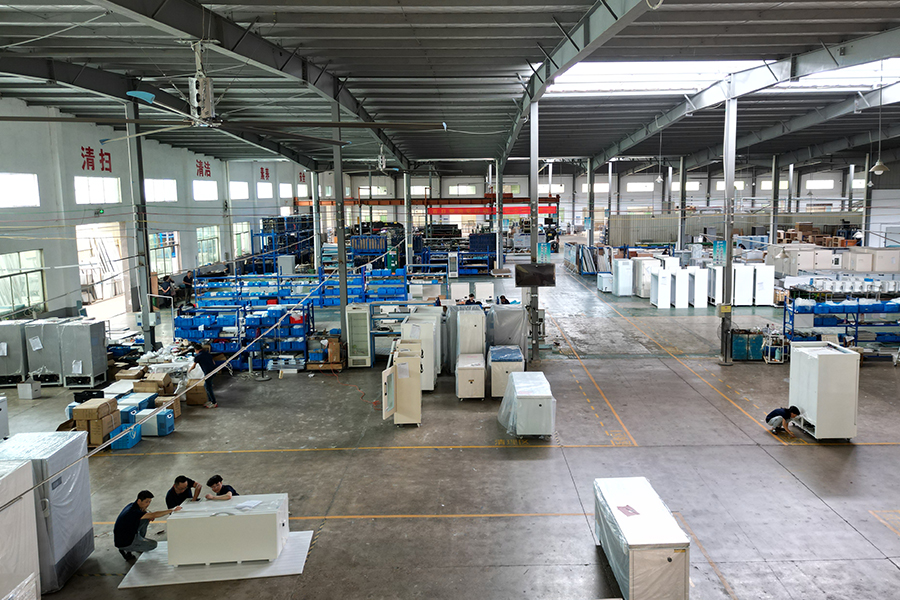
Energy-Efficient Design and Smart Features
One of the more important eco-friendly practices is improving energy efficiency. A modern medical refrigerator should not only maintain stable temperatures but also optimize power consumption.
Heli incorporates:
Variable Speed Compressors—adjusting cooling power according to load, saving energy during low-demand periods.
LED Lighting—reducing heat output compared to traditional bulbs, lowering cooling demands.
Smart Control Systems—allowing hospitals or labs to monitor usage patterns and fine-tune energy performance.
Now that these technologies are becoming standard, facilities can enjoy stable performance while cutting down on unnecessary energy waste.
Safer Refrigerants for a Greener Future
Another area of concern is the type of refrigerant used in medical equipment. Older refrigerants often contribute significantly to ozone depletion and climate change. Today, manufacturers like Heli are adopting low-GWP refrigerants such as R600a and other environmentally friendly alternatives.
By transitioning to sustainable refrigerants, a blood bank refrigerator can still maintain strict storage temperatures for red blood cells, plasma, or platelets while contributing less to environmental harm. This step aligns with international regulations and growing expectations from healthcare organizations aiming to meet sustainability goals.
Eco-Friendly Maintenance and Lifecycle Management
Eco-friendly practices go beyond design and installation. Regular maintenance ensures that refrigerators run efficiently and last longer. Here are some key approaches:
Routine Seal Checks—making sure doors close tightly to prevent energy loss.
Condenser Cleaning – improving heat transfer efficiency and reducing compressor workload.
Lifecycle Planning – choosing durable equipment and planning proper recycling or disposal when units reach the end of service.
Heli emphasizes that sustainability is not just about the initial purchase but also about how the equipment is managed over its entire lifecycle.
Benefits for Healthcare Facilities
Adopting eco-friendly refrigeration practices has both immediate and long-term benefits:
Reduced Operating Costs—energy savings directly impact utility bills.
Compliance with Regulations—many regions require facilities to adopt greener practices, and eco-friendly refrigerators make compliance easier.
Improved Reputation—showing commitment to sustainability enhances a hospital or laboratory’s public image.
Better Reliability—efficient, well-maintained systems often experience fewer failures, ensuring blood products and vaccines remain safe.
To learn more about how eco-friendly solutions can fit into your facility, consider evaluating both the environmental and operational advantages of adopting modern refrigeration systems. As healthcare continues to expand, sustainability will remain a defining factor in the design of refrigerators.



 中文简体
中文简体 English
English Français
Français عربى
عربى +86-15988502726(wechat)
+86-15988502726(wechat)